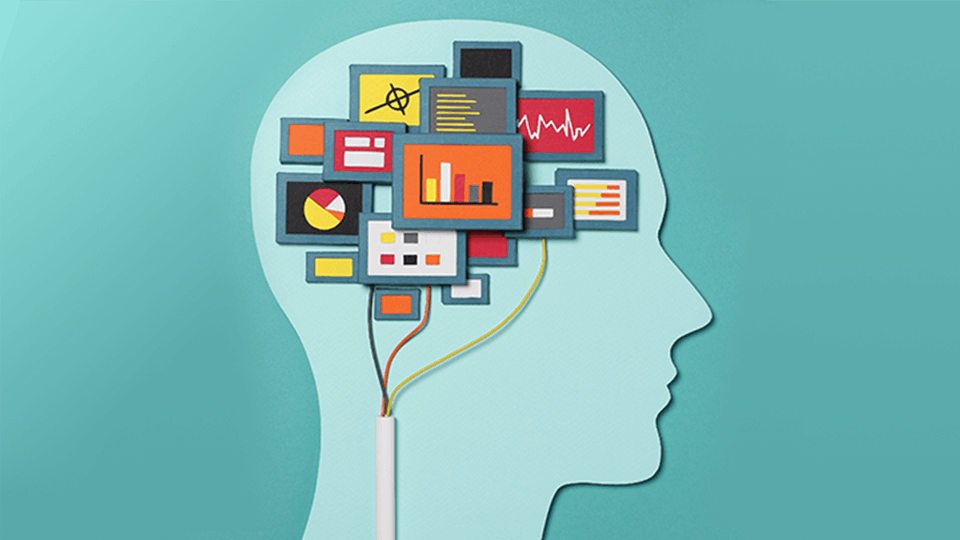The more you learn, the more you realise that there is so much more to learn.
There are things we know, there are things we don’t know. There are things we know that we don’t know, but that there are also things that we don’t know we don’t know. The known unknowns vs the unknown unknowns.
There are so many things we don’t actually know that we don’t know.
We all know people who think they know a lot, when they actually don’t know that much.
But I think we are all like that to some extend. We believe that we know a lot, OK we know more than other people about some domains, but that isn’t saying much. We probably know enough to go about our life.
But not only do we not know much, we also have a lot of blind spots that we don’t know about.
I think we have to operate on the assumption that what we know and what we know we don’t know is barely 0.00001% and what we don’t know we don’t know is infinite.
So, how can we find out the things we don’t know that we don’t know?
The first step is to be aware of our ignorance and that gives us an open mind, and then we need to be actively look for this new knowledge.
Explore boundaries. Question assumptions. What’s at the edge of what you think you know? What came before, what does it lead to, what if it were true, what if it weren’t?
Look for what doesn’t fit. Any kind of incongruence or anomaly is a sign that there’s something to discover.
Everything happens at many levels at the same time. If you’re only looking at a couple of them, you can be misled and mistaken. The more levels you’re conversant with, the fewer clues you will miss. Everything leaves traces.
Gather contrasting or conflicting viewpoints. Any datum that’s too neat and finalized is suspect. Look for anybody who has a different idea about it.
To know more, you need to become comfortable with the unknown. If you spend all your time moving around the things you know, you’ll miss the opportunity to discover something new from the much larger pool of stuff you don’t know.
